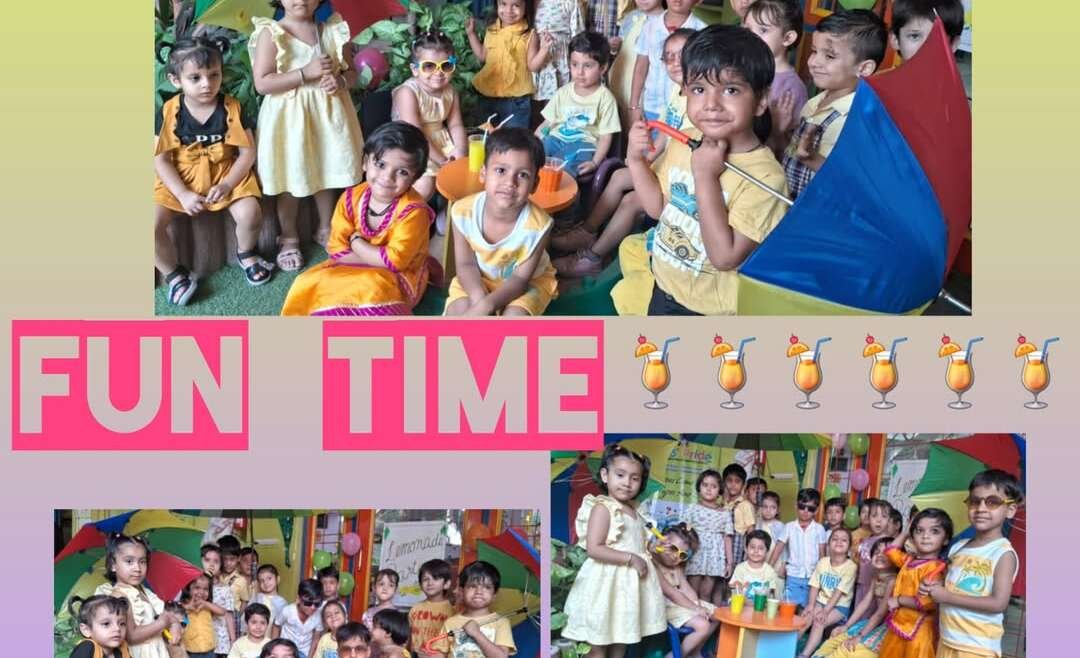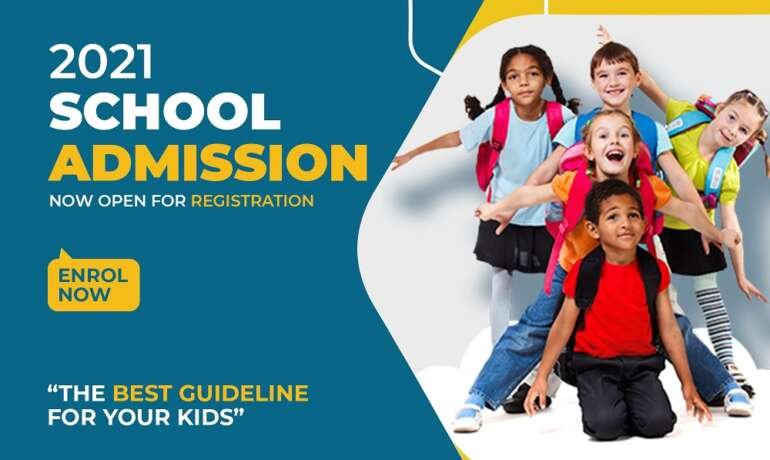Introduction
At Kids Pride School, we believe that play is not just a break from learning—it is learning. Young minds absorb knowledge best when they are engaged, curious, and having fun. That’s why we’ve made play an essential part of our teaching strategy. From science and math to language and emotional intelligence, we use games, role-play, and hands-on activities to introduce and reinforce big ideas in a way that resonates with children.
1. Play is a Child’s Natural Language
Children explore the world through play. It’s how they express themselves, ask questions, and make sense of their experiences. At Kids Pride School, we tap into this natural learning method to teach complex concepts in age-appropriate, imaginative ways. Whether it’s through building blocks, storytelling, or dress-up corners, our classrooms are designed to inspire curiosity and engagement.
2. Teaching Math Through Play
Rather than just writing numbers on a board, we teach math through:
- Counting games using toys or snacks
- Shape sorting activities
- Board games that involve patterns or basic addition
- Measuring ingredients in pretend cooking sessions
These activities help children understand numbers, quantity, and patterns, making math feel fun and less intimidating.
3. Science and Nature Discovery
Young children are naturally curious about how things work. We harness this interest by:
- Conducting simple experiments like mixing colors or growing plants
- Playing with water, sand, and magnets to understand cause and effect
- Using story-based science role-plays (e.g., being a weather reporter)
By combining play with exploration, we make science exciting and relatable.
4. Language and Communication Skills Through Role Play
To develop communication, vocabulary, and storytelling skills, we use:
- Puppet shows and storytelling circles
- Dramatic role-play (playing doctor, teacher, shopkeeper, etc.)
- Rhyming and singing games
- Picture cards and memory games
These activities encourage children to use new words, express emotions, and interact confidently with peers.
5. Social-Emotional Learning Through Group Play
Understanding feelings, sharing, taking turns, and empathy are crucial life skills. We build these through:
- Cooperative games
- Emotion charades and storytelling
- Group art projects
- “Kindness jar” activities
By working together in play, children learn about relationships, teamwork, and managing emotions.
6. Building Problem-Solving and Critical Thinking Skills
We present kids with puzzles and challenges that push them to think critically:
- Treasure hunts with clues
- Building challenges with blocks or recycled materials
- “What would you do?” storytelling games
These games help children develop logic, planning, and decision-making skills in an enjoyable way.
7. Technology-Enhanced Play
We also integrate digital tools to teach big ideas through play:
- Educational apps that use games to teach math and language
- Interactive smart boards for drawing, puzzles, and songs
- Augmented reality tools for exploring animals, space, and more
Used wisely, technology becomes another form of play that supports deep learning.
Conclusion
At Kids Pride School, play is not an afterthought—it is the heart of our teaching philosophy. By combining imagination with education, we make big ideas accessible, memorable, and fun. When children learn through play, they’re not just prepared for the next grade—they’re prepared for life.
Call to Action
Want to see how play can transform your child’s learning journey? Visit Kids Pride School and experience a joyful, hands-on learning environment where every child thrives through creativity and play!





